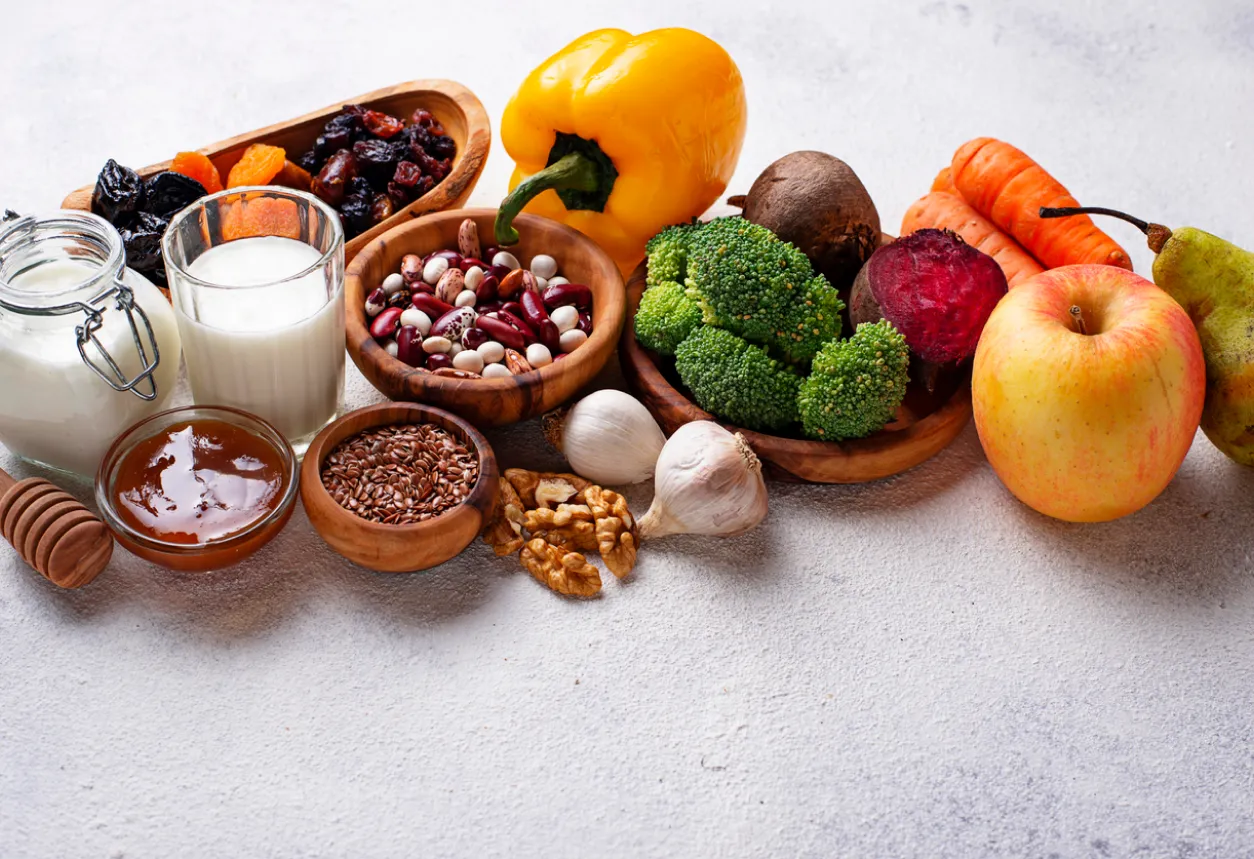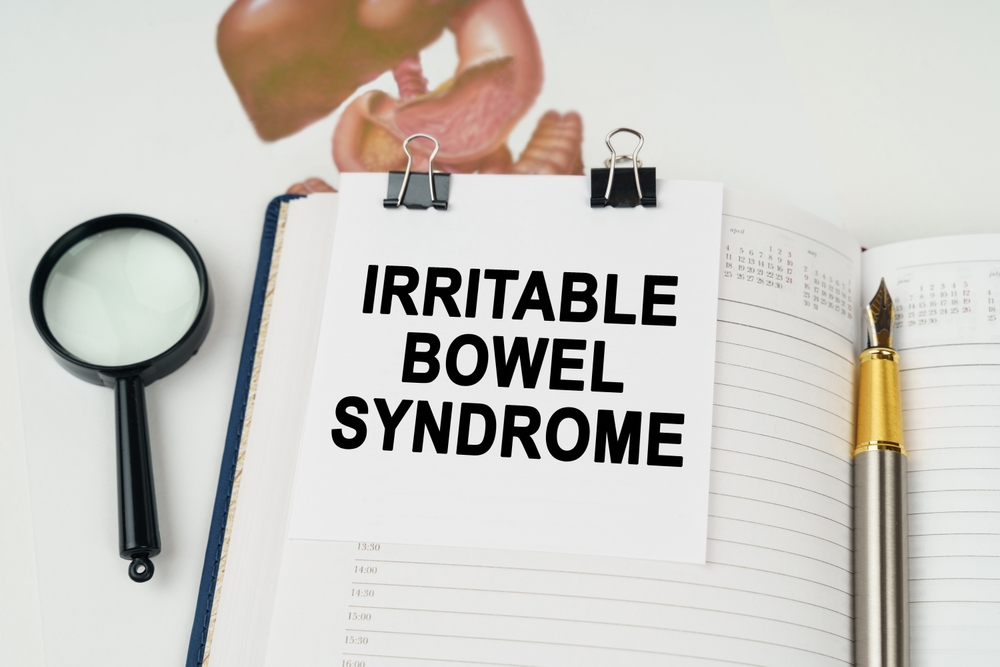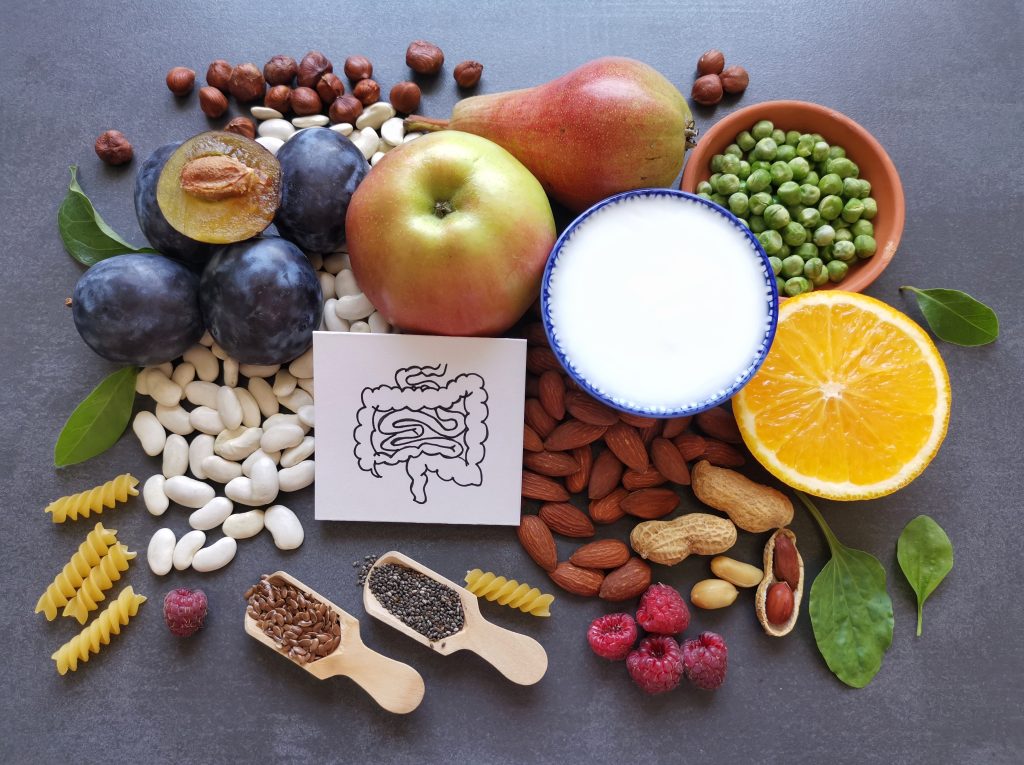Stomach pain and diarrhea are common ailments that can significantly disrupt daily life. These symptoms often go hand-in-hand, causing discomfort and inconvenience. Understanding and managing their causes can help you find relief and maintain a healthy digestive system. This article will delve into the common causes of stomach pain and diarrhea, explore effective solutions, and provide practical tips for managing these symptoms.
Relief for Stomach Pain & Diarrhea
Finding quick relief is a priority when faced with stomach pain and diarrhea. Here are some immediate steps you can take:
- Stay Hydrated: Diarrhea can lead to dehydration, so drinking plenty of fluids is crucial. Water, oral rehydration solutions, and clear broths are excellent choices.
- Rest: Get adequate rest to allow your body to heal. Lie down in a comfortable position to help alleviate pain.
- Apply Heat: A warm compress or heating pad on your abdomen can soothe cramps and reduce discomfort.
- Over-the-Counter Medications: Antidiarrheal medications and pain relievers can provide quick relief. However, consult a healthcare professional before taking any new medications.
Soothe Your Abdominal Cramps Fast
Abdominal cramps can be debilitating, but several strategies can help soothe them quickly:
- Peppermint Tea: Peppermint has natural antispasmodic properties that can help relax the muscles in the digestive tract and reduce cramping.
- Ginger: Ginger is known for its anti-inflammatory and anti-nausea properties. Sipping on ginger tea or chewing a piece of ginger can help.
- Hydrate: Drinking plenty of fluids, especially warm beverages, can help alleviate cramps.
- Gentle Exercise: Light physical activity like walking can help stimulate digestion and relieve cramps.
Overcome Gastrointestinal Distress
Gastrointestinal distress, including bloating, gas, and indigestion, can be managed with lifestyle changes and dietary adjustments:
- Chew Thoroughly: Chewing your food well aids digestion and reduces the risk of bloating.
- Manage Stress: Stress can exacerbate digestive issues. Practice stress-relieving activities like yoga, meditation, or deep-breathing exercises.
- Limit Carbonated Drinks: Carbonated beverages can increase gas and bloating. Opt for still water or herbal teas instead.
- Probiotics: Incorporate probiotic-rich foods like yogurt or a probiotic supplement to promote healthy gut flora.
Tackle Digestive Issues Today
Managing digestive issues involves understanding their root causes and adopting preventive measures:
- Balanced Diet: Eat a diet rich in fruits, vegetables, lean proteins, and whole grains to support overall digestive health.
- Stay Hydrated: Drinking enough water is crucial for digestion and preventing constipation.
- Regular Exercise: Physical activity helps maintain a healthy digestive system. Aim for at least 30 minutes of moderate exercise most days of the week.
- Avoid Trigger Foods: Identify and avoid foods that trigger your digestive issues, such as spicy foods, caffeine, or fatty foods.
Common Causes of Abdominal Cramps and Gastrointestinal Distress
Understanding the common causes of abdominal cramps and gastrointestinal distress can help in managing and preventing these symptoms:
- Infections: Bacterial, viral, or parasitic infections can cause stomach pain and diarrhea. Food poisoning and gastroenteritis are common examples.
- Irritable Bowel Syndrome (IBS): A common gastrointestinal disorder that affects the large intestine, causing abdominal pain, cramping, and changes in bowel habits.
- Inflammatory Bowel Disease (IBD): This includes conditions like Crohn’s disease and ulcerative colitis, which cause inflammation in the digestive tract.
- Food Intolerances: Intolerance to certain foods, such as lactose or gluten, can result in gastrointestinal distress and diarrhea.
- Medications: Certain medications, including antibiotics and laxatives, can disrupt the balance of bacteria in the gut and cause diarrhea.
Foods to Avoid During Acute Diarrhea
During acute diarrhea, certain foods can exacerbate symptoms and should be avoided:
- Dairy Products: Lactose can be difficult to digest and may worsen diarrhea.
- Fatty Foods: High-fat foods can irritate the digestive system and prolong diarrhea.
- High-Fiber Foods: Foods like beans, nuts, and raw vegetables can be tough on the digestive system during diarrhea.
- Sugary Foods and Drinks: Sugar can draw water into the intestines, worsening diarrhea.
Effective Treatments for Digestive Issues
Effective treatments for digestive issues depend on their underlying cause. Here are some common treatments:
- Medications: Depending on the cause, doctors may prescribe antibiotics for infections, anti-inflammatory drugs for IBD, or medications to manage IBS symptoms.
- Dietary Changes: Identifying and avoiding trigger foods can significantly reduce symptoms. A dietitian can help create a tailored eating plan.
- Hydration: Maintaining proper hydration is crucial, especially during diarrhea. Clear fluids and oral rehydration solutions are recommended.
- Probiotics: Probiotic supplements can help restore the natural balance of bacteria in the gut.
When to See a Doctor for Persistent Stomach Pain
Persistent stomach pain and diarrhea can be symptoms of a more serious underlying condition. Seek medical attention if you experience:
- Severe Pain: Intense, sharp pain that comes on suddenly can indicate a serious issue like appendicitis or gallstones.
- Prolonged Symptoms: A healthcare professional should evaluate symptoms lasting more than a few days.
- Associated Symptoms: A doctor should promptly address fever, vomiting, blood in stool, or unexplained weight loss.
- Chronic Conditions: Long-term digestive discomfort can indicate chronic conditions like IBS or IBD that require medical intervention.
Conclusion to Stomach Pain and Diarrhea
Stomach pain and diarrhea can be disruptive and uncomfortable, but understanding their causes and knowing how to manage them effectively can make a significant difference. You can find relief and maintain a healthy digestive system by adopting healthy lifestyle habits, making dietary adjustments, and seeking medical advice when necessary.




